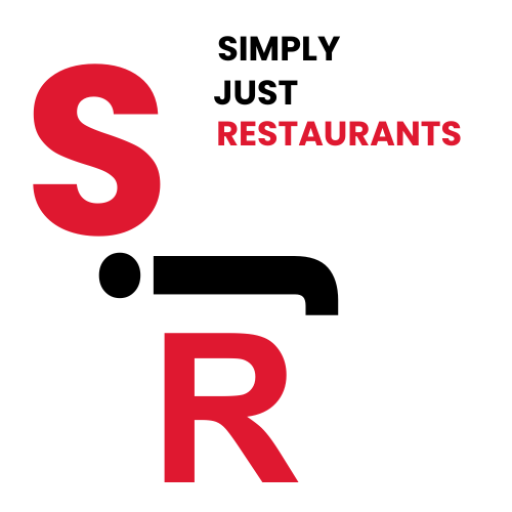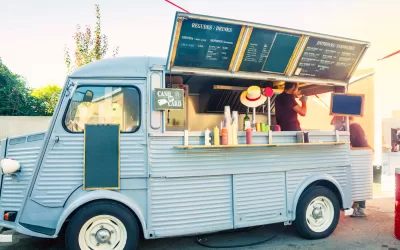Choosing between opening a restaurant or a café is a significant decision for any aspiring entrepreneur in the food and beverage industry. Both establishments offer unique experiences and cater to different customer bases, with distinct operational challenges, business models, and potential rewards. This decision should be made after considering various factors including target market, investment, concept, location, operational requirements, and long-term goals. In this analysis, we’ll explore the key differences between restaurants and cafés, weigh the advantages and disadvantages of each, and discuss why you might choose one over the other depending on your personal and business objectives.

Understanding Restaurants
-
1. Concept and Offerings
Cafés typically focus on offering beverages like coffee, tea, and specialty drinks, accompanied by light meals, pastries, and snacks. The menu in a café is usually simpler and more focused than in a restaurant, with an emphasis on quick, easy-to-prepare items. Cafés often serve as social hubs where people gather to relax, work, or socialize, making the ambiance and atmosphere crucial elements of the customer experience.
- Coffee Shop: A small café primarily focused on coffee and espresso-based drinks, often with a limited selection of pastries and snacks.
- Specialty Café: A café that offers a unique or specialized menu, such as organic coffee, vegan options, or artisanal pastries.
- Bistro: A small, casual café that serves simple, yet high-quality meals, often with a European influence.
- Internet Café: A café that provides internet access, making it a popular choice for students and professionals looking to work or study in a relaxed environment.

2. Target Market
Cafés generally target a broad demographic, including students, professionals, and casual visitors. They attract people looking for a place to relax, work, or meet with friends. The target market can vary depending on the café’s concept—coffee shops near universities may attract students, while specialty cafés in urban areas may appeal to young professionals and coffee enthusiasts.
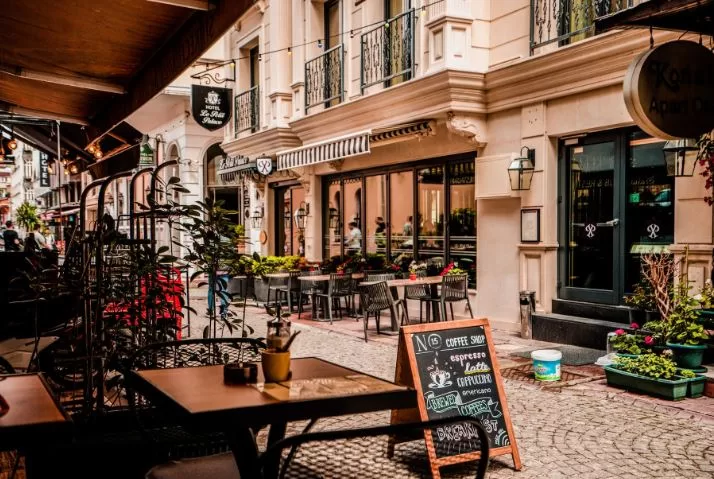
3. Investment and Costs
- The initial investment for opening a café is generally lower than that of a restaurant. Cafés require smaller spaces, less kitchen equipment, and fewer staff members. The décor can range from minimalist to cozy, depending on the target market and concept. While the cost of ingredients is lower than in a restaurant, it’s still essential to invest in high-quality coffee machines, grinders, and other equipment to ensure the best product.
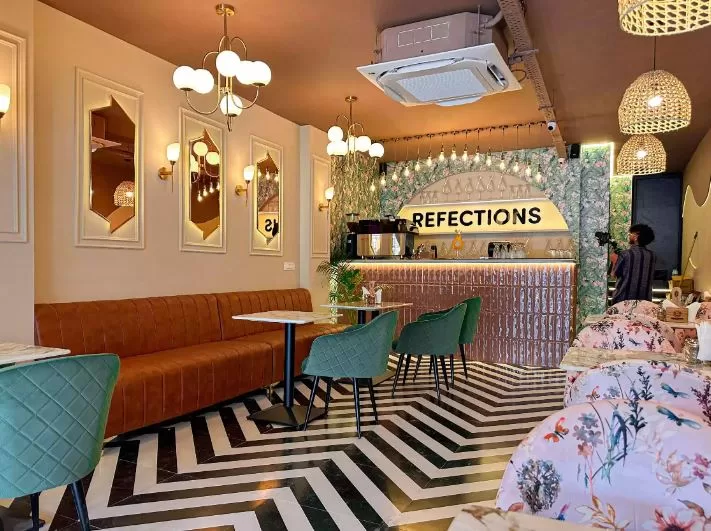
4. Operational Requirements
- Operating a café is typically less complex than running a restaurant. The menu is more straightforward, with a focus on quick service. However, maintaining consistency in beverage quality, particularly coffee, is crucial. Cafés also need to create a welcoming atmosphere to encourage repeat business. Staffing requirements are lower, but it’s essential to hire baristas who are skilled in making high-quality coffee drinks.
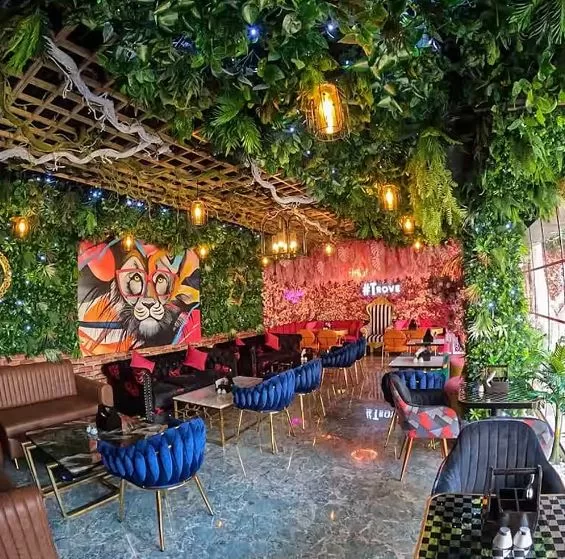
5. Revenue Potential
Cafés often operate on smaller margins per item than restaurants but can make up for it with high volumes of sales, especially in high-traffic areas. The revenue potential can be significant, especially if the café becomes a popular social spot. Additionally, the trend towards premium coffee and specialty beverages has allowed many cafés to increase their profit margins.
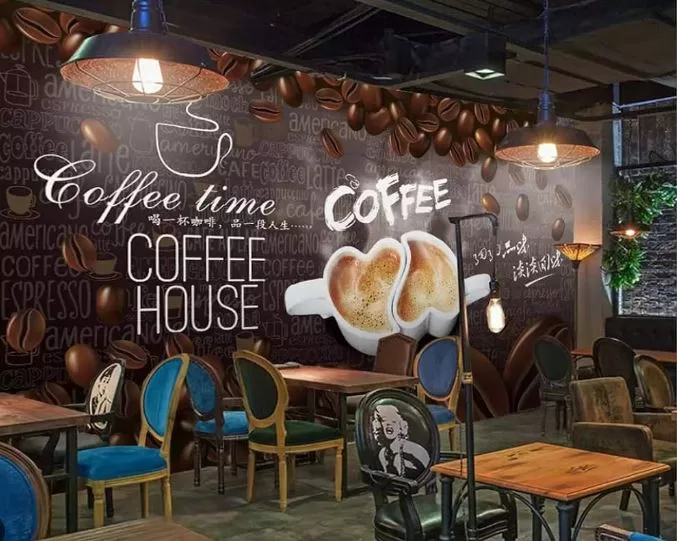
Key Factors to Consider When Choosing Between a Restaurant and a Café
-
1. Personal Passion and Expertise
Your personal passion and expertise in the food and beverage industry should play a significant role in your decision. If you have a strong background in culinary arts and enjoy creating intricate dishes, a restaurant might be more fulfilling. On the other hand, if you are passionate about coffee culture and enjoy interacting with customers in a more casual setting, a café could be the better choice.
2. Market Demand and Competition
Conducting market research is essential to understand the demand for restaurants or cafés in your chosen location. Consider the existing competition—if the area is saturated with restaurants but has few quality cafés, a café might be the more strategic choice. Alternatively, if there’s a gap in the market for a particular type of restaurant, this could be an opportunity to fill that niche.
3. Lifestyle and Workload
The lifestyle associated with running a restaurant versus a café is quite different. Restaurants typically require long hours, with peak times during lunch and dinner. This can be demanding and may require a large team to manage efficiently. Cafés generally have shorter operating hours and a more relaxed pace, with peak times in the morning and afternoon. Consider how much time you’re willing to commit and the lifestyle you wish to maintain.
4. Financial Considerations
Your budget will significantly influence your decision. Restaurants generally require a larger initial investment and have higher operating costs. The risk is higher, but so is the potential reward. Cafés, with their lower startup and operating costs, may be a more financially accessible option, especially for first-time entrepreneurs.
5. Long-Term Goals
Consider your long-term business goals. If you envision expanding your brand, opening multiple locations, or even franchising, a café might offer a more scalable model due to its simpler operations. Restaurants, particularly fine dining establishments, may offer prestige and the opportunity to create a renowned culinary brand, but they can be more challenging to scale.
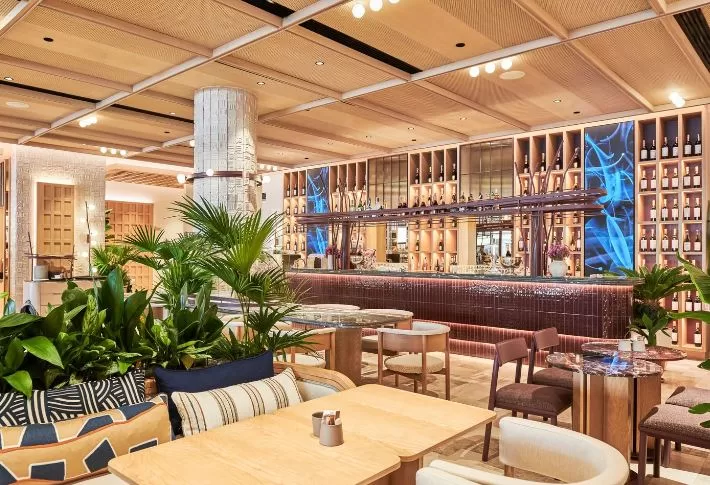
Why Choose a Restaurant?
-
1. Culinary Creativity
If you’re passionate about food and enjoy the art of cooking, a restaurant provides the perfect platform to showcase your culinary skills. The ability to design a diverse menu, experiment with flavors, and create a unique dining experience can be incredibly rewarding.
2. Higher Revenue Potential
Restaurants, especially in prime locations or with a unique concept, can generate significant revenue. Fine dining establishments can charge premium prices, leading to higher profit margins. Additionally, restaurants can cater to various occasions—birthdays, anniversaries, corporate events—providing opportunities for additional revenue streams.
3. Broad Customer Base
Restaurants can attract a wide range of customers, from families to business professionals. With the right concept and execution, a restaurant can appeal to different demographics, increasing its potential market size.
4. Brand Building
Owning a successful restaurant can enhance your personal and professional brand. A well-regarded restaurant can lead to media attention, awards, and even opportunities for expansion or franchising. If you’re looking to make a name for yourself in the culinary world, a restaurant is the way to go.
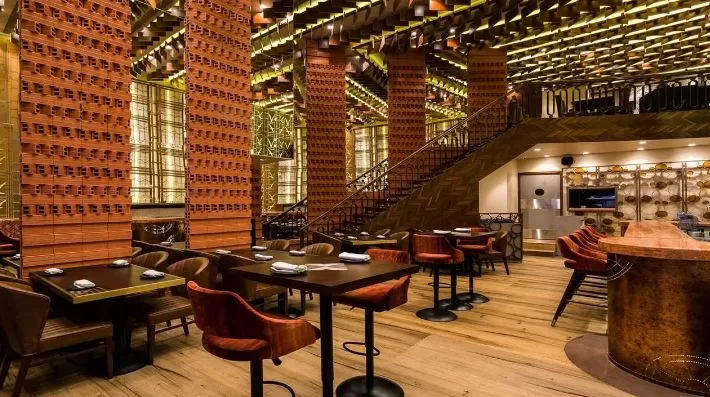
Why Choose a Café?
1. Lower Startup Costs
For entrepreneurs with limited capital, opening a café can be a more viable option. The lower initial investment, combined with the potential for high foot traffic and repeat customers, makes cafés an attractive business opportunity.
2. Flexible Business Model
Cafés offer flexibility in terms of concept and operations. You can start with a simple coffee shop and gradually expand your menu or services based on customer feedback and market demand. The operational simplicity also allows for easier management and potentially quicker returns on investment.
3. Community Focus
Cafés often serve as community hubs, attracting regular customers who appreciate the atmosphere and the social aspect of the space. If you’re interested in creating a space that fosters community and connections, a café is an excellent choice.
4. Scalability
The café model is more scalable compared to restaurants. Once you’ve established a successful café, it’s easier to replicate the concept in other locations or even consider franchising. The simpler menu and operations make it easier to maintain consistency across multiple outlets.
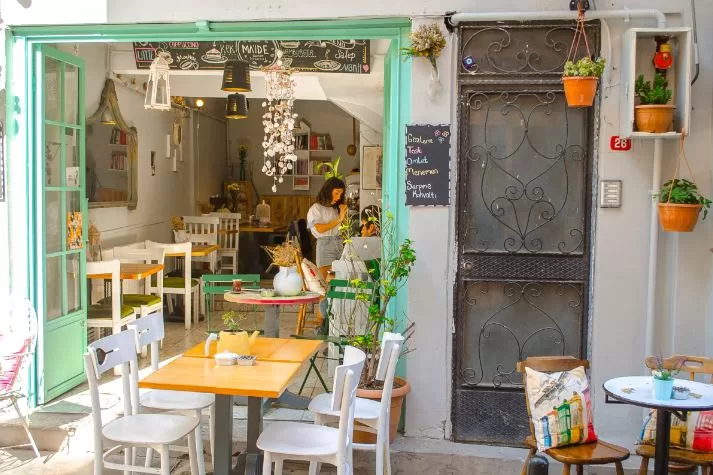
Conclusion
Choosing between a restaurant and a café is a decision that should be based on careful consideration of your personal interests, market research, financial capacity, and long-term goals. Restaurants offer the opportunity to showcase culinary creativity, cater to a broad customer base, and potentially generate higher revenue, but they come with higher risks and operational complexities. Cafés, on the other hand, offer a lower-cost entry point, a more relaxed lifestyle, and the potential for scalability, making them an attractive option for those passionate about coffee culture and community building.
Ultimately, the right choice depends on your vision for your business, your willingness to take on the challenges associated with each type of establishment, and the specific market conditions in your chosen location. Whether you choose to open a restaurant or a café, success will depend on your ability to deliver a unique and high-quality experience that resonates with your target audience.
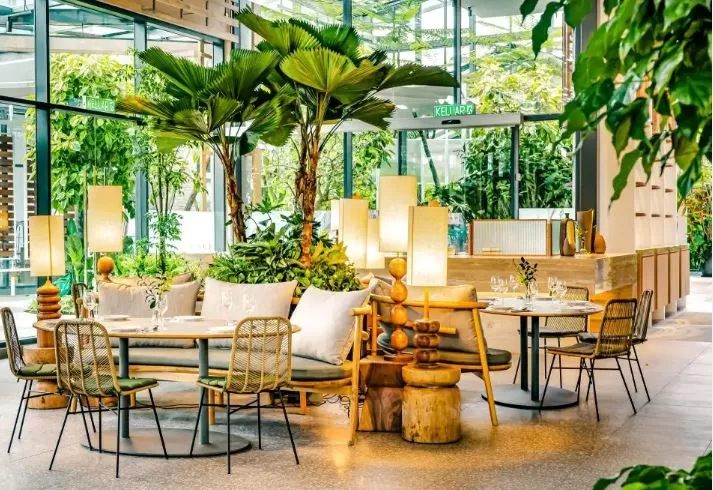
About Author sudeshna mukherjee
You May Also Like…
The Ultimate Guide to Hiring a Consultant Chef
Introduction Food trucks or mobile food trucks is an idea that has arrived. But, there is a issues with food safety in...
Food Safety Essentials: Addressing 5 Common Problems in Food Trucks
Introduction Food trucks or mobile food trucks is an idea that has arrived. But, there is a issues with food safety in...

